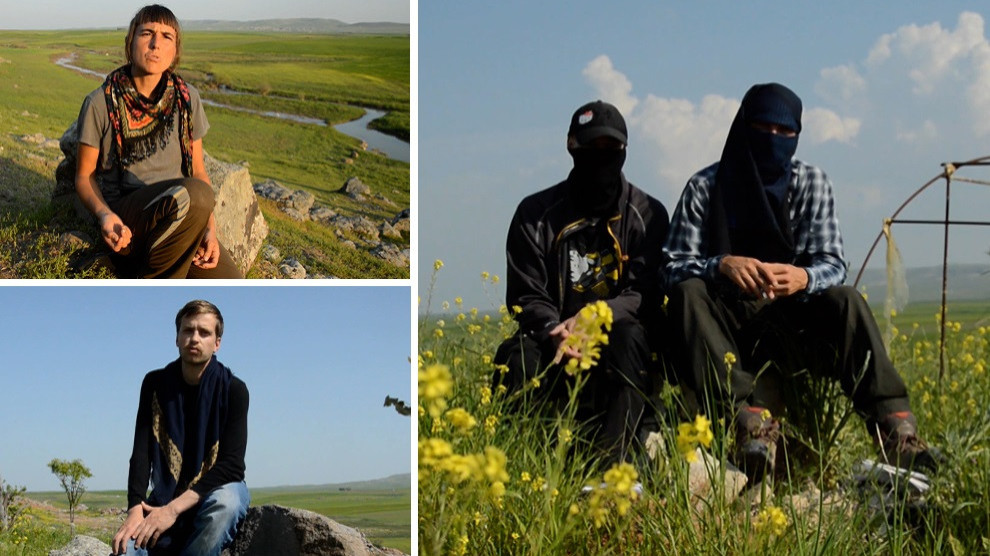Internationalistists on the pandemic and capitalist system
Members of the Internationalist Commune in northern Syria explain their perspective on the Covid-19 pandemic and the capitalist system.
Members of the Internationalist Commune in northern Syria explain their perspective on the Covid-19 pandemic and the capitalist system.

The Internationalist Commune of Rojava is an important contact point and place of education and discussion for emancipatory activists from all over the world. Some of the internationalists have spoken to ANF about their perspective on the pandemic and the capitalist system.
Catalan internationalist Masmi Sûlav stresses that the coronavirus has exposed the incapacity of the state system. The solution to the pandemic is society itself, she says and remarks that the Spanish state's reaction is comparable to that to previous economic crises and is all about saving the capitalists.
"Back then, they just took our money and saved the banks," she recalls and continues: "They are also benefiting from this crisis, while the local economy is suffering great damage. While capitalism continues to accumulate, there is no living space for the working people and the poor. The measures against the pandemic strengthen the state power. Nevertheless, social cooperation is developing strongly in many areas. Above all, we must see that the existing system does not provide a solution. We must create an equal and just world for all through social solidarity."
Solidarity cannot be stopped
Zana Sankara from Switzerland says: "The crisis cannot hinder our solidarity. But this crisis will be followed by an even bigger crisis. All of us together must free ourselves from chaos, we will overcome the state system. The process ahead of us will bring great achievements for the peoples."
No investment in the health system
Bobby Sands and Charlie Qerecox from England explain that there has been no investment in the health system and the hospitals are not able to care for the infected while the elite are being placed in private clinics.
The activists point to the Cooperation Birmingham as an exemplary project, remarking that projects such as this one would give rise to discussions on who the existing system can be restructured. They appeal to the people of Europe to look into the experiences and the social model and revolution in Rojava and to work on building alternatives.